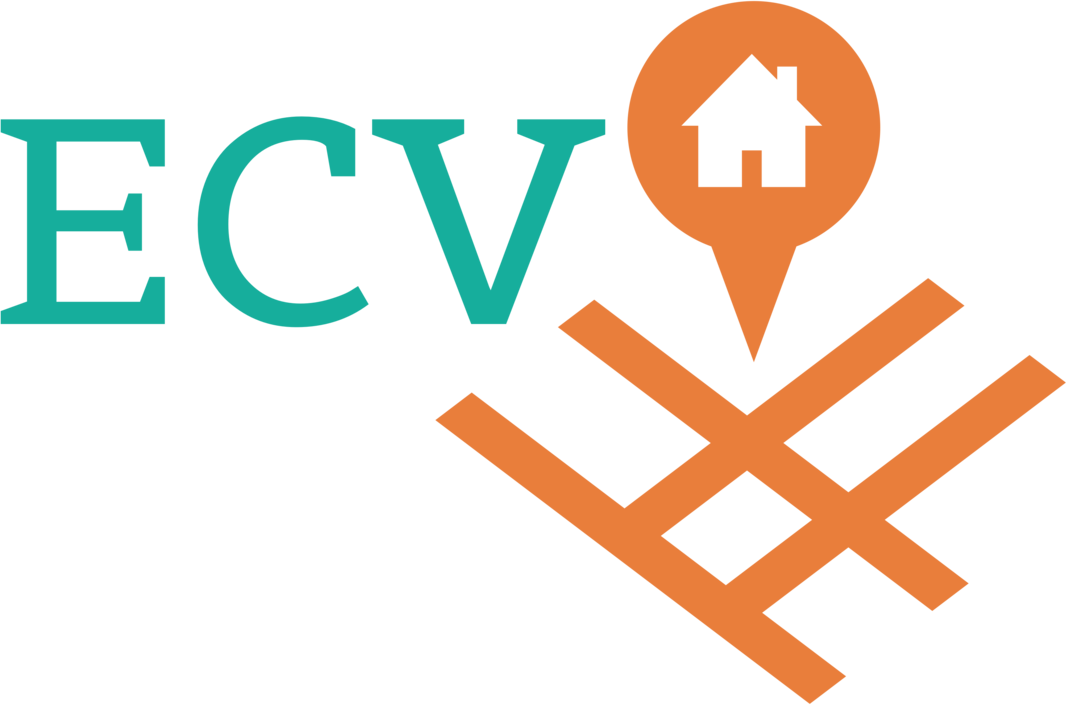Why Strong Family Support Matters When Caring for Individuals with Developmental Disabilities
Family is the basic building block of society.
Truth be told, our family greatly influences our personality and emotions in the early and late development stages in our lives--specifically for individuals with developmental disabilities.
In the United States, it’s estimated that 43.5 million adults care for a person with a disability, with the majority living with family members (85%). Family members play important roles in the care of their disabled family members. Basic Activities of Daily Living (ADL) such as; managing & administering medications, bathing, companion, advocate, and assistance in meals. Family support for people with disabilities provides a positive impact in areas of life such as:
Improves family relationships and transparency
Supporting family members with special needs requires transparent, firm, and consistent communication. Promoting honest, reliable, and consistent communication promotes better relationships.
Creates a sense of responsibility
A supportive family promotes a sense of responsibility for others. Each member of the family can be accountable in responsibilities, decision-making to help the household foster harmony.
Reduces stress
Taking care of individuals with disabilities can take a toll on each member of the family--and when strong family support is the primary approach, stress can be reduced, and healthy relationships.
Promotes resilience
When families are faced with such challenges, strong familial relationships can lead to resilience. Strong family support is conducive to fostering growth, and support groups when coping and overcoming adverse situations; when taking care of people with disabilities.
The role of parents and siblings when taking care of family members with disabilities
Having a family member who has special needs can have a significant impact on the whole family--considerations can include financial burdens, being physically demanding, and emotionally challenging. Despite the challenges, we can look into the positive outcomes of how our family member with disabilities can achieve their goals in life independently. Here are some of the tips for families to promote harmony in the household:
Promote open communication
Clear consistent communication is key. Family members can talk about their roles in caring for their disabled loved ones. We can delegate or volunteer into our roles based on capabilities. Families with clear honest communication are more likely to have successful outcomes. Delegating responsibilities within the family can be challenging, but addressing issues directly can help foster strong family relationships. Families can have and can lead to meaningful conversations on expectations, duties of each member, and responsibilities. This creates a household structure in the family, reducing conflicts and avoiding stress. One is truly not alone when strong family support prioritizes open communication.
Education
Family caregivers must take responsibility for being informed about all aspects of a family member's disability. Taking the time to attend seminars, training, and education can help better equip family members with tools when caring for disabled family members.
Role Delegation and Division
It's important for family caregivers to predetermine and assign roles to each member; especially, when taking care of a disabled loved one. It can help organize and coordinate tasks to be done quickly and promptly. An example can be found below:
Nina: Will be fixing dinner from Monday to Friday
Dad: Transportation and grocery shopping
Mom: Household chores, administration of medicine
Responsibilities can also be divided according to the skills of each family member. For example:
Ron: Good at cooking, in charge of cooking breakfast and dinners from Monday to Friday
Sheena: Has superb nursing skills! Will be responsible for the care and nursing tasks.
It's understandable that not everyone in the family has their own schedule and personal duties to attend to. Hence, responsibilities can vary according to their availability. An example would be:
Rica: Has classes on weekdays--would be responsible for the weekend care.
Tommy: Has baseball game on Mondays, would be responsible for transportation and driving assistance for doctor appointments on Tuesdays.
Routine is key, and family caregivers should adhere to and promote an organized schedule for a disabled family member. Your roles must be flexible because when working with the developmentally disabled it is often their best interest that we promote and advocate first.
Seek help
Individuals with disabilities require constant and ongoing support. Without the proper guidance and interventions from family, caregivers, or professional healthcare staff, often resulting in individual needs not being met. At Elegant Care Villa, we believe in strong family support--our Residential Care Services are focused to help adults and seniors with disabilities. With our Comprehensive Centered Care Planning Approach, it is our mission to help your family with all aspects of non-medical care. Connect with us today to know more about our services.


